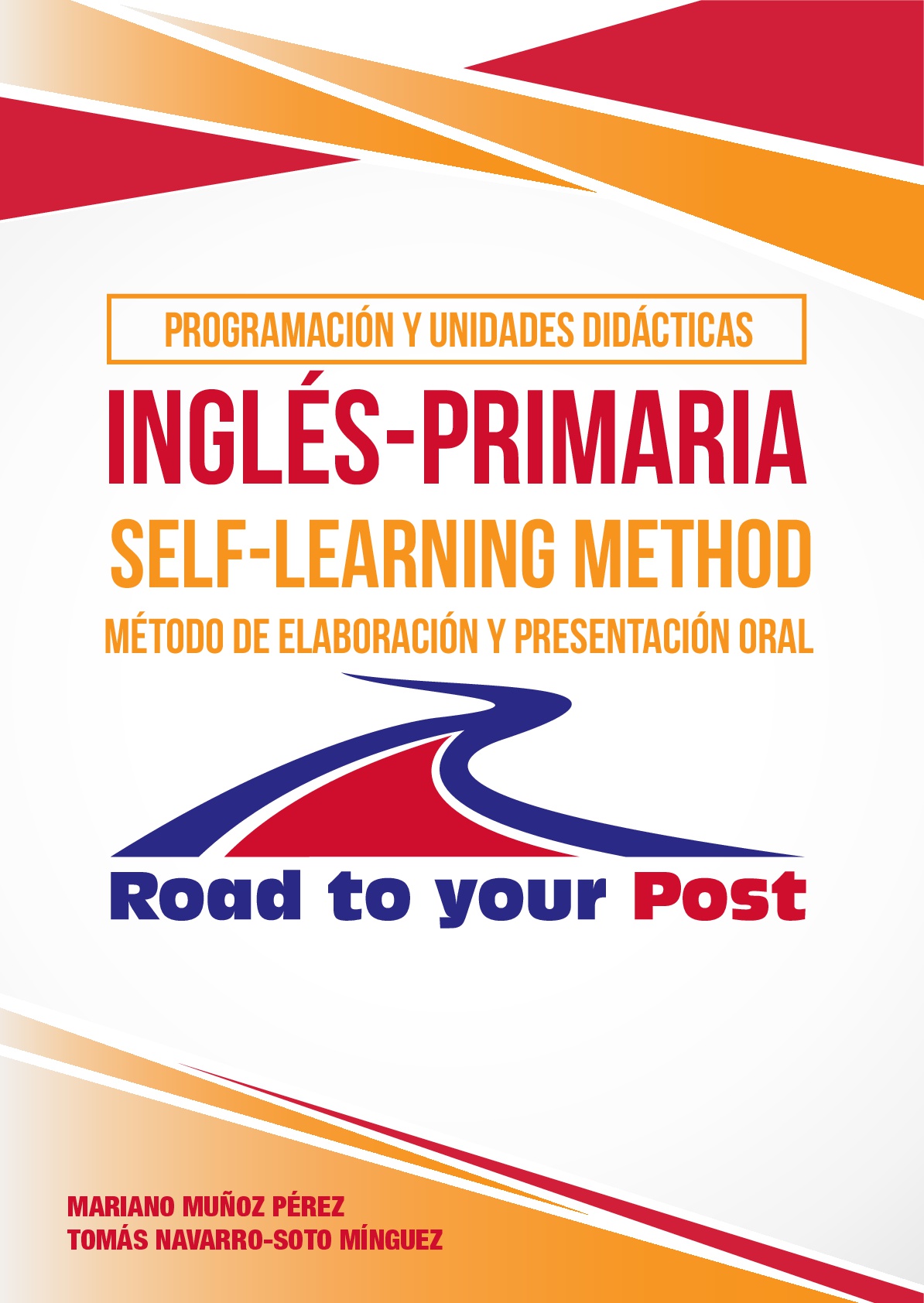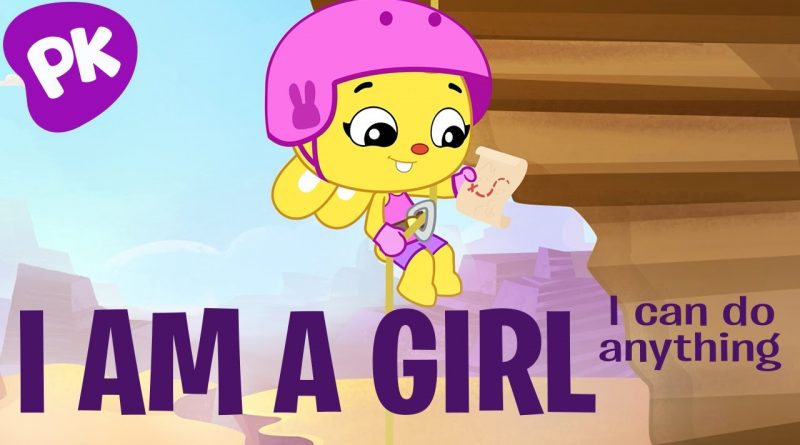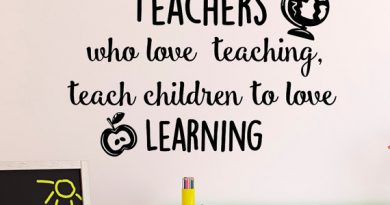I am a girl. I am a girl! Women`s History Month for Kids.
I am a girl. I am a girl! Women`s History Month for Kids.
More information:
www.oposicionesingles.com
https://shop.oposicionesingles.com/
Follow us: https://www.facebook.com/OposicionesInglesRP/
More about Road to your Post: oposicionesingles.com
Text extracted from: Programación y Unidades Didácticas
https://shop.oposicionesingles.com/

RD 126/2014, art. 10, establishes the transversal elements to be covered from all the areas in the curriculum. This concept refers to those aspects to be worked from an integrative perspective in the different curricular areas. In this sense, the FL programming must include along the units some essential coexistence principles, values and norms which contribute to the learners´ integral development; and, in turn, to a positive classroom climate in which all students feel accepted.
Since the intention is not so much to overtly describe these elements as they appear in RD 126/2014, but rather to stress the measures to suit this curricular need; it is convenient to identify them in the type of learning task that they happen to appear.
| Transversal elements | Competency tasks |
| Practical use of oral and written English in real-life contexts. | Oral presentation to introduce oneself and a classmate in a Skype conversation.
Writing an email to tell other children about our preferences in spare time activities. |
| Non-discrimination towards any kind of difference amongst people. | Listening activities to know about other children´s cultures (i.e. traditions, celebrations, popular beliefs…) in a respectful environment.
Gender equality and promotion of effective equal rights for boys and girls through tasks in which they exchange roles in daily matters related to jobs or sharing housework. Moreover, it is indispensable to introduce activities to prevent gender violence through positive group cooperation and dialogue. |
| Peace and pacific conflict solving. | Peace education entails aspects like freedom and justice, peaceful conflicts solving through dialogue, democracy, respect for Human Rights and prevention of any kind of violence. In this regard, role-plays can engage children in using English in the “safe fictional space” of a story, where they act according to a scrip modelled to evidence how to solve conflict situations and establish polite dialogues. |
| Emotional intelligence | Identifying our own emotions is indispensable to carry out effective actions and thoughts in different situations. The use of stories in teaching children identifying and handling their emotions is a valuable resource at early ages.
Another way to develop empathy and awareness of other people´s feelings is through basic English descriptions in which children focus on positive features of their classmates. |
| Sustainable development and the environment | The practice of the English language, if well guided, can promote positive attitudes towards the natural world and children´s immediate surroundings. In guise of an example, we may mention issues such as water resources, trees and plants, wild life and endangered animals, atmosphere, healthy living, and clean towns. These aspects shall be integrated in the units´ contents, so as to get learners to distinguish between appropriate and respectful behaviour and negative attitudes towards nature and a healthy lifestyle. |
| Entrepreneurial spirit | With young FL learners, this concept should be seen in terms of creativity, personal initiative, team work habits and promotion of self-confidence, amongst others.
The PBA teaching strategies bring about plenty of situations in which children collaborate and take decisions to come up with solutions or products, which stem from cooperative work and self-reflection. Some examples may be getting to agreements to take part in a game, interact in communicative situations recreating real life ones. |
| Road safety education | This field is related to those activities which tackle how to ask for directions, how to use maps, responsible pedestrian and cyclist behaviour, etc. In this regard, we shall devise activities where students perceive the negative results of inadequate road attitudes and the potential risks which may directly affect them (i.e. riding a bicycle without wearing a helmet, etc.) |




